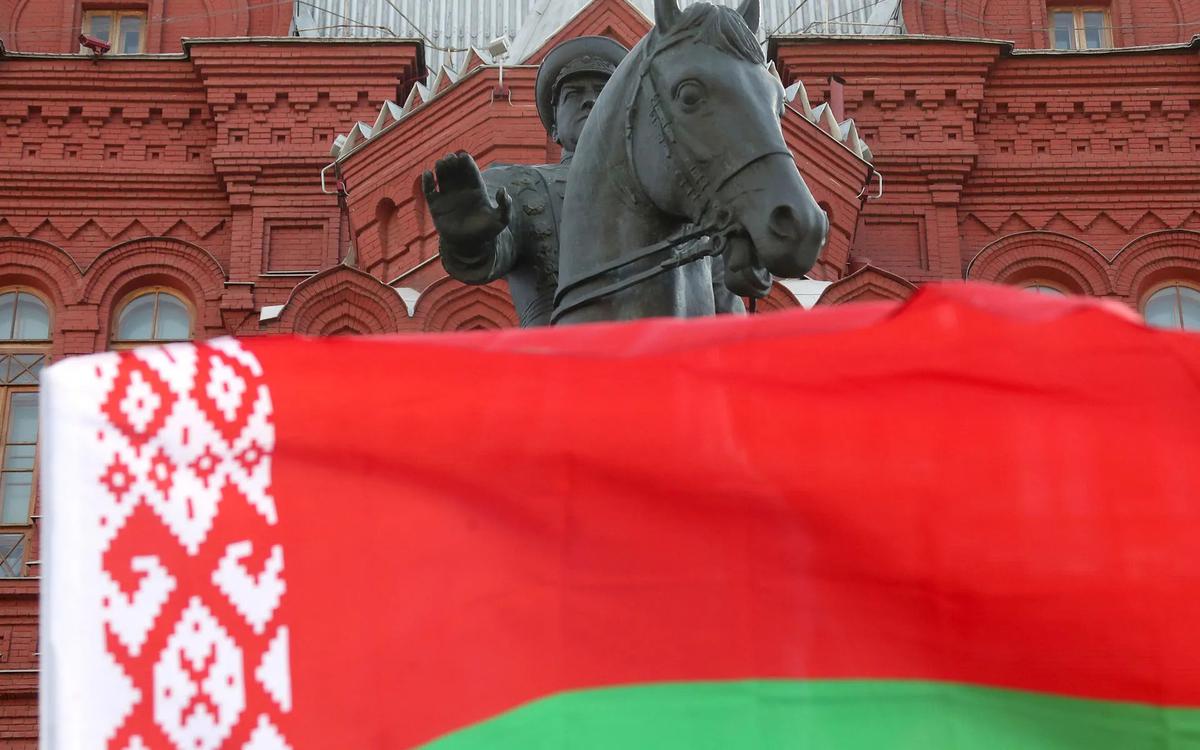This Week’s Highlights
A 19-year-old blogger from Southern Russia is tortured in a forced ‘apology’ video where he sodomizes himself for criticizing the regime of the Chechen tyrant Ramzan Kadyrov; as Russia goes to another round of regional elections and the opposition leader is still abroad recovering from poisoning, Navalny’s associates are harassed and attacked across the country; plus, we join Russian intellectuals in voicing strong solidarity with the Belarusian people who stand up against the dictatorship.
Want to get the full story? Click the links below for full-length articles in Russian.
Forced Social Media Apology as Torture Technique, Explained
The Russian public is no stranger to witnessing disturbing scenes of dissenting voices being brutalized. But this one was too much, even for Russia. On September 7, the Telegram channel for Southern Russia's 'Adat' movement posted footage of one of their bloggers issuing a forced apology for criticizing Ramzan Kadyrov, a notoriously tyrannical leader of the Chechnya region. Then the guy sodomizes himself with a bottle. We investigated this act of torture. Unfortunately, it is part of an emerging trend of local officials using forced public apologies as a new tool of oppression and harassment.
THE VICTIM.The young man in the video identifies himself as 19-year-old Salman Tepsurkaev, an Adat's Telegram channel administrator. The group documents the Kadyrov regime's atrocities. We investigated his kidnapping and obtained the geolocation data for his phone. The guy was abducted in Gelendzhik, in the southern region of Krasnodar Krai. That means that security officials in at least two regions knew about the planned kidnapping. His exact whereabouts are still unknown.
UNPRECEDENTED BACKLASH.The video sparked outrage in both Chechnya and beyond. Humiliation through sexual violence is nothing new in the region. Still, this case is notable because the authorities publicly shared the act of torture. Dmitry Piskunov, head of the Committee Against Torture's North Caucasus branch, told our partner outlet, the Caucasian Knot.
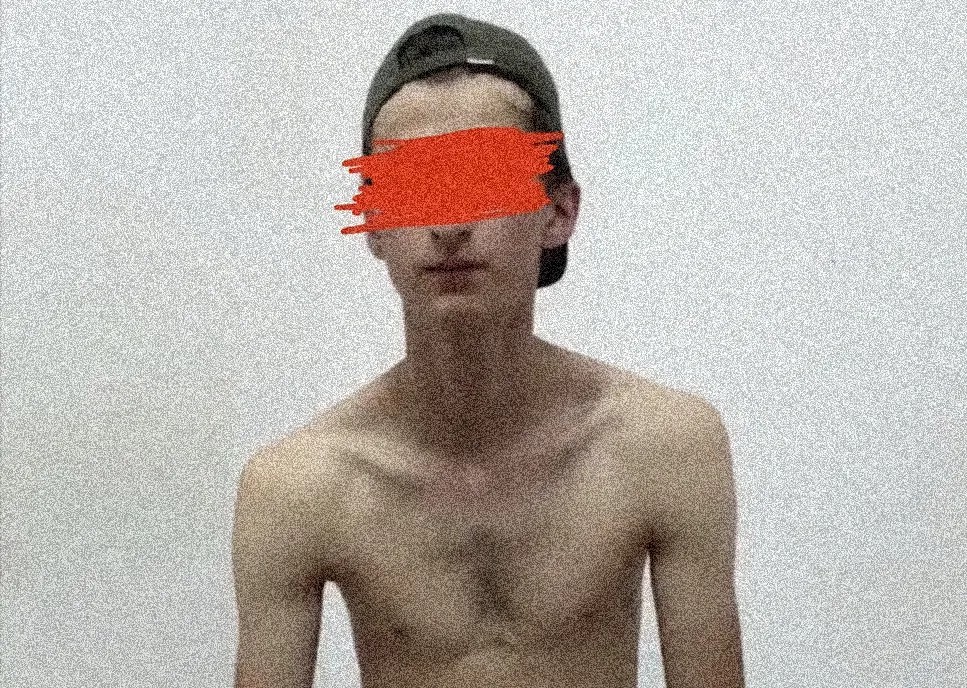
'This publicity is a frightening innovation because it shows the extent to which the Chechen security forces have ceased to understand which boundaries shouldn't be crossed,' Piskunov said.
Adat's administrators are flooded with messages from Chechens who are outraged about what happened to the young man.
RELATIVES TARGETED TOO.Chechen state TV aired footage of the Tepsurkaev's father renouncing his son in what may have been yet another forced apology. ADAT also claims that Chechen officials threatened Tepsurkaev's relatives to keep their mouths shut or else. And Kadyrov himself publicly endorsed the torture and rape video.
WHY ADAT. The Chechen group emerged this March and quickly positioned itself as a popular movement. It called on Chechnya residents to report cases of illegal detention, torture, corruption, and any other unlawful actions by the Chechen security forces. Its Telegram channel also documents the existence of secret prisons and social inequality. It advises people on what to do if they've been detained.
BACKSTORY. Chechnya is a small Southern Russian region with just 1,000,000 people. It failed to break away from Russia after the collapse of the Soviet Union and is now run by tyrannical semi-autonomous officials under the direct Kremlin patronage. Local regime deploys social media shaming and spying in line with a broader campaign of terror against dissenting voices. The forced public apologies is a growing form of oppression here and they are meant to humiliate anyone who dares to criticize local officials. They often cross the torture line, though. Disappearances are common in Chechnya, where suspected dissidents, sexual minorities, and even members of the political elitewho have fallen out of favor have been abducted, tortured, and executed in recent years. The media access to the region is restricted, but Novaya Gazeta's top reporters, such as Elena Milashina, have been on the ground covering these stories for almost three decades.
Read our full story about the torture of Salman Tepsurkaev here and his kidnapping here.
Attacks Targeting Navalny’s People Multiply
Navalny's first social media post since getting out of a coma took the Russian internet by storm. 'My first day breathing on my own,' says Russian opposition figure under a picture of him at a Berlin hospital. While Navalny is recovering from what appears to be a poisoning with a nerve agent, his associates are getting attacked all across the country. The state raided his regional headquarters, and at least one of his associated political allies got injured. The timing is probably not coincidental — the country has just voted in another round of local elections where Navalny-linked candidates challenged the Kremlin in several key regions.
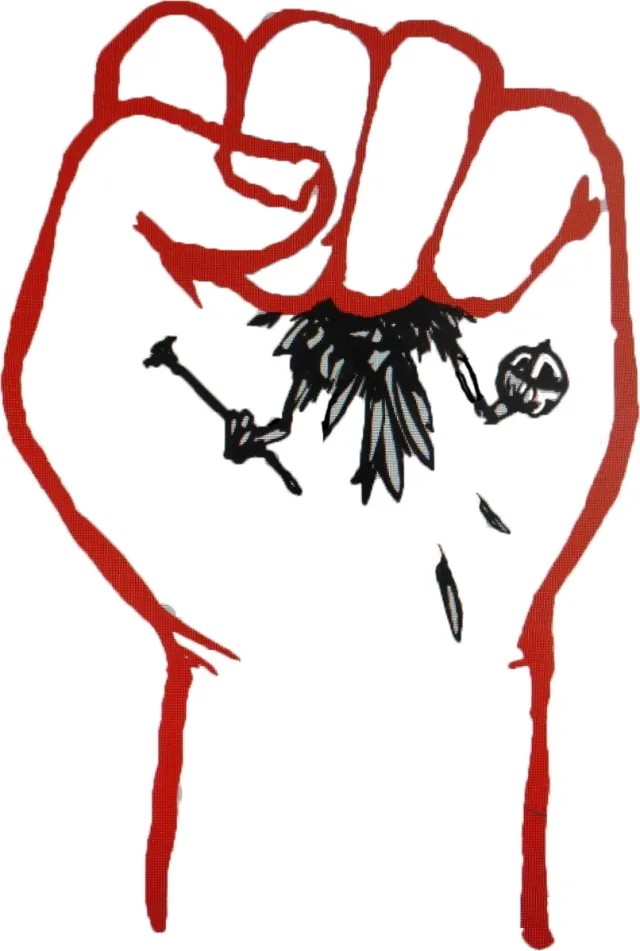
TRACKING RECENT ATTACKS. On September 7, police stormed Navalny's headquarters in Kurgan, one of the regional centers in the Ural federal district. They shot at the windows and filled the headquarter's lock with glue. That same day, police also detained two observers in Navalny's headquarters in the Siberian region of Tyumen and confiscated campaign posters. Then, on September 10 in Chelyabinsk, the country's 7th-largest city in the Ural region, the coordinator of the local Navalny headquarters, Alexei Baraboshkin, was attacked by unknown assailants. Meanwhile, in Lipetsk, a key Western Russian regional center, a candidate running for the city council from Navalny's headquarters, Alexander Naumov, was also beaten.
'I walk through that area everyday, parallel to Khudyakov street. It all happened very fast. I think there were two attackers. They ran up behind me. I felt something hit the left side of my head, near my temple. I passed out. It felt like they were hitting me with something more than just a fist,' Baraboshkin told us.
OTHER OPPOSITION FIGURES TARGETED.A prominent Russian opposition blogger Yegor Zhukov is also severely beaten in Moscow. Two unknown assailants jumped him as he left his house and hit him several times. He now has a concussion and numerous bruises.
'I predict that the authorities will not find those responsible for political violence despite all of the noise. In fact, they won't even search for them,' writes our columnist Yulia Latynina in her this week's op-ed.
Поддержите
нашу работу!
Нажимая кнопку «Стать соучастником»,
я принимаю условия и подтверждаю свое гражданство РФ
Если у вас есть вопросы, пишите [email protected] или звоните:
+7 (929) 612-03-68
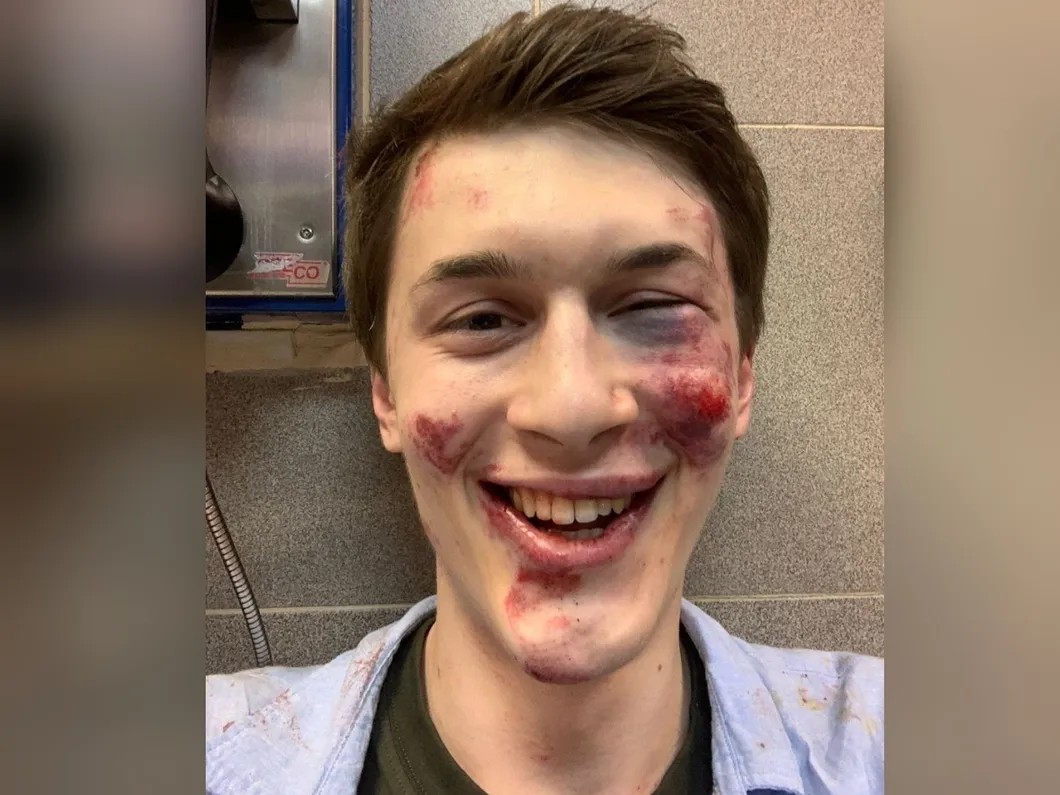
A NEW ERA OF POLITICAL VIOLENCE. The assassination attempt on Navalny's life is the beginning of a new era, Latynina warns. She adds that there is no way that it happened without President Putin's knowledge. In her opinion, this is a sign that political violence and assassinations are now accepted at any level.
BUT THE OPPOSITION REMAINS DEFIANT.Take last week's round of local elections. They were as dirty, and this year's constitutional referendum orchestrated to allow Putin to extend his rule until 2036. The falsifications helped secure "re-election" of governors with the ruling United Russia Party managed to secure all 18 regional elections. Despite this, the ruling United Russia Party lost city council majorities in two key Siberian cities: Novosibirsk and Tomsk. Navalny visited both cities just before he was poisoned to rally support for the opposition candidates he supports. Some of them won, too.
Read our full report on the attacks against Navalny’s headquarters here and on Yegor Zhukov here; read Latynina’s op-ed here and our analysis of the international fallout from Navalny’s poisoning here.
Voicing Solidarity with Belarusian People
As Putin met embattled Belarusian dictator Aliaksander Lukashenka in Sochi this week, many prominent Belarusians demanded that Russia talk to them directly. 'I profoundly regret that you have chosen to hold a dialogue with the usurper and not with the Belarusian people,' a de-facto President-elect of Belarus Sviatlana Tsikhanouskaya addressed Putin in a video statement. Another leader of the Council coordinating the pro-democracy uprising, Nobel Laureate Svetlana Alexeivich, urged the Russian intelligentsia to speak up in solidarity, too.
WE DECIDED TO ANSWER THE CALL.Novaya Gazeta's politics editor Kirill Martynov authored our shared response to Alexeivich: 'I don't know if I can answer on behalf of our intelligentsia, but we, the journalists of Novaya Gazeta, our readers, the teachers in Russian universities, their students, and Russian society as a whole, will not remain silent,' Martynov writes.
He continues:
'You are fighting for your freedom and for your people, and we will help in any way we can. We send journalists to Minsk who are beaten and expelled from the country. Our friends and fellow writers from the newspaper are being held in Belarusian prisons today. We speak out and will continue to speak out as loudly as possible. We consider Aliaksander Lukashenka a usurper and self-proclaimed president who seized power in your country.'
MANY RUSSIANS GOT INSPIRED BY OUR CALL.After we published the letter, folks from around the country began circulating their own responses to Alexeivich. That includes high-profile economists, artists, writers, and other public figures. A new Russian petition in support of Belarus soon appeared on the website change.org. So far, almost 50,000 people have signed it. Among other things, it warns that Russian security forces must not enter Belarus to aid the struggling dictator.
BACKSTORY. After taking over Belarus in 1994, Lukashenka built the economy closely integrated with Russia and accepted Moscow's geopolitical dominance, especially after his regime. But since 2014, the Belarusian autocrat tried to gravitate away from the Kremlin, and relations between them cooled. As widespread pushback against rigged elections keeps growing in Belarus, Lukashenka rushed to Putin for help. However, the Kremlin has publicly kept a cautious distance. Still, there are increasing numbers of reports about 'parachuted' Russians already on the country's ground.
Read our call for solidarity with Belarus here.
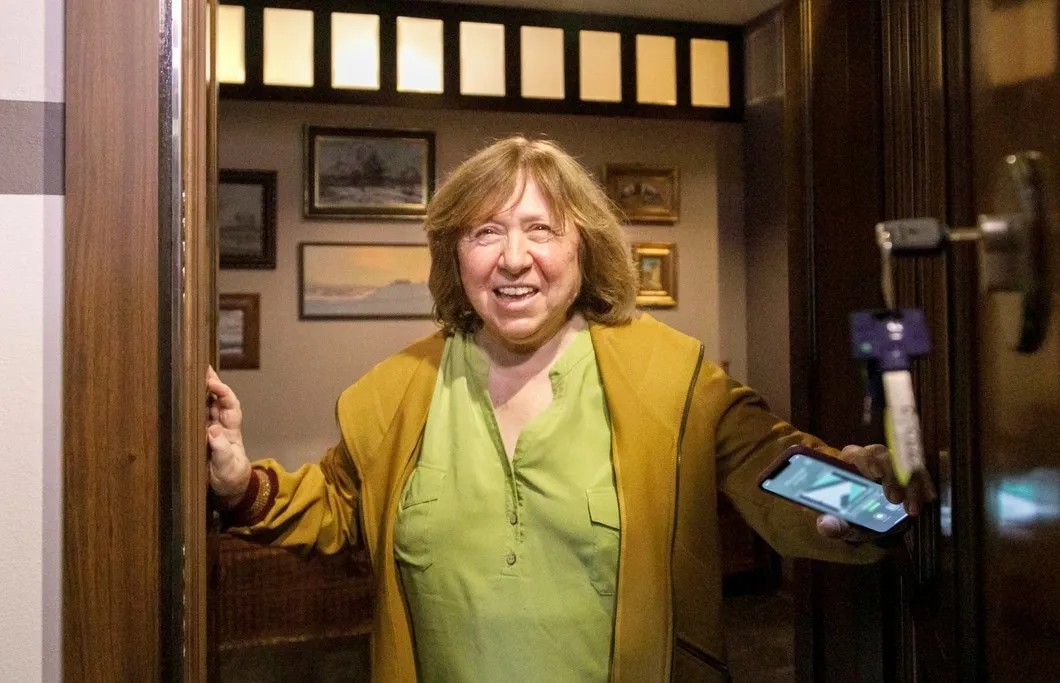
Other Top-Stories Russia Has Been Reading
- A SMALL WIN FOR PROTESTS IN KHABAROVSK
One of the top-read stories of the week follows the Khabarovsk uprising in the country’s Far East. Localauthorities permitted a rally to take place in the city center for the first time in the 70-day history of peaceful pro-democracy protests. It has been another sign of rising pressure on the central government failing to appease the movement in support of the region’s imprisoned governor. No one is sure why the authorities suddenly gave their permission, but people flooded the streets holding signs that read Furgal is the People's Governor, I am Sergei Furgal, Furgal is Not a Killer, The Case is Fabricated, and Give Us Back Furgal. The official awaits trial in the infamous Lefortovo detention center in Moscow.
Thanks for reading!To keep up with Novaya Gazeta’s reporting throughout the week, you can follow us on Facebook, Twitter, Instagram, and Telegram. Our video content is available on Youtube and don’t forget to visit our website for the latest stories in Russian.
— The Novaya Gazeta Team
Поддержите
нашу работу!
Нажимая кнопку «Стать соучастником»,
я принимаю условия и подтверждаю свое гражданство РФ
Если у вас есть вопросы, пишите [email protected] или звоните:
+7 (929) 612-03-68
